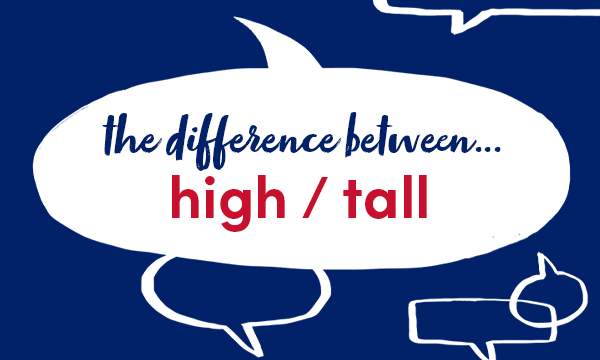
What’s the difference between high and tall?
This week we are looking at two words which are sometimes confused by learners of English: high and tall. high You use high to describe things which measure a larger distance than usual from the bottom to the top. For example, you talk about… Read More
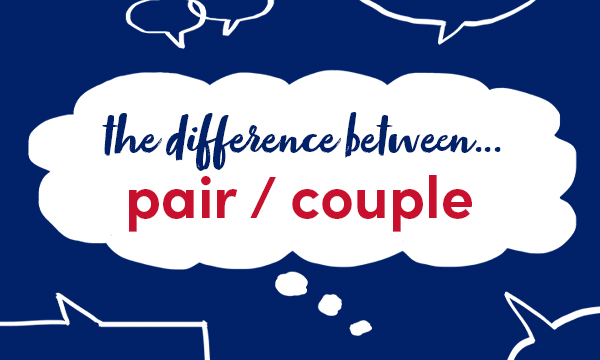
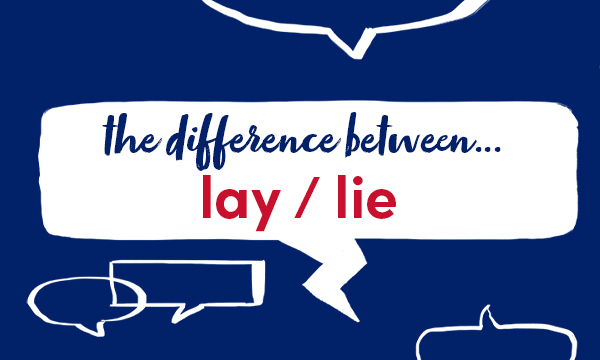
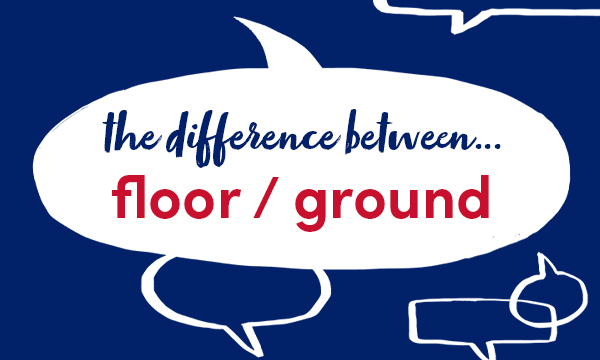
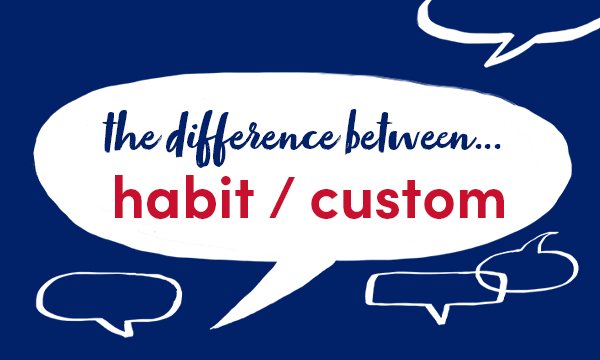
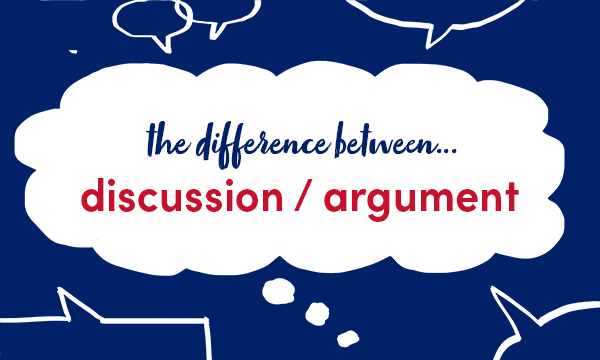
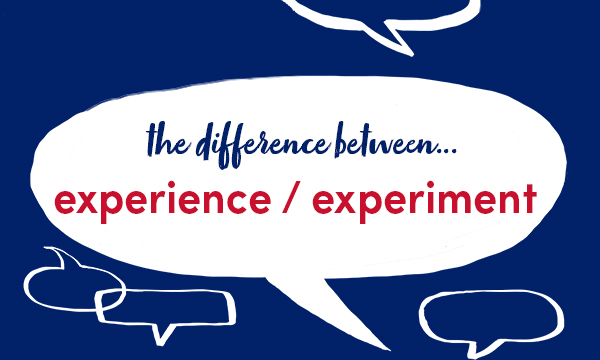
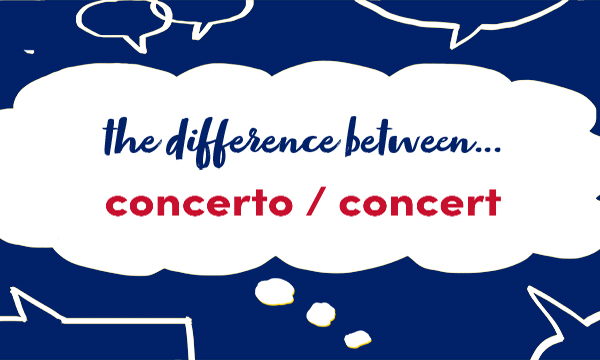
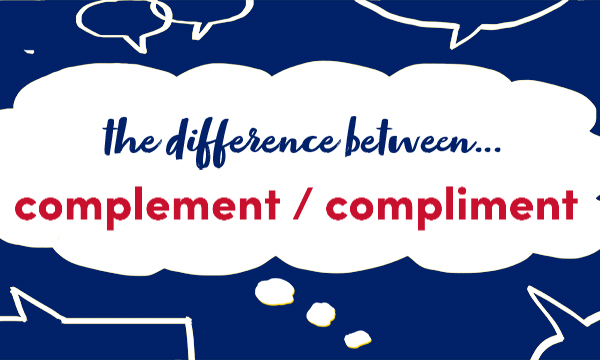
collins_dictionary_official
The home of living language. #wotd #wordlovers #collinsdictionary
Read our word of the week definitions and blog posts: